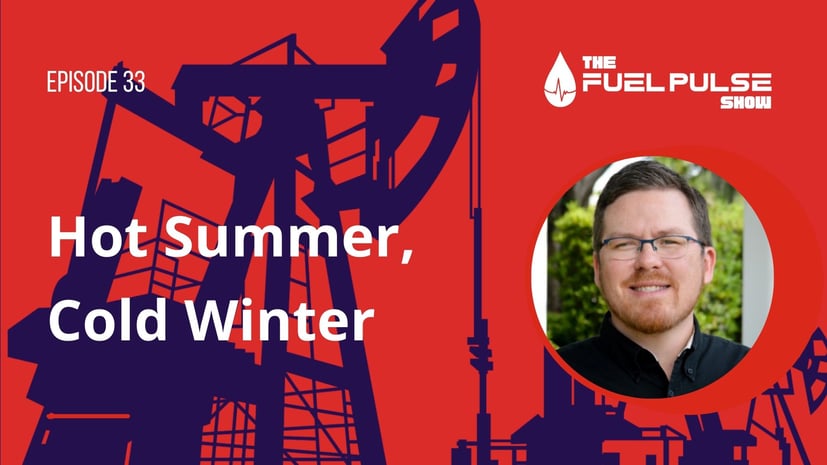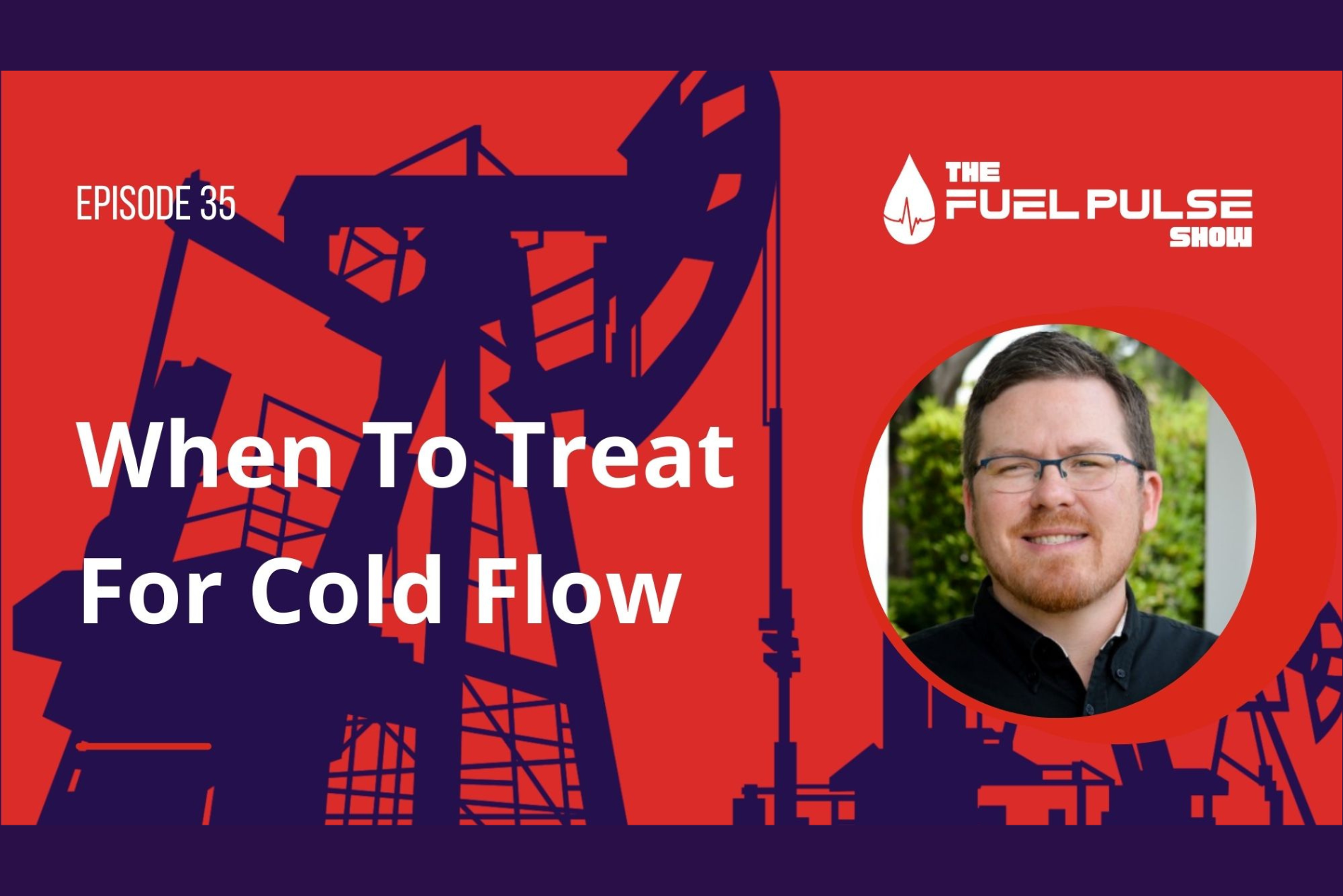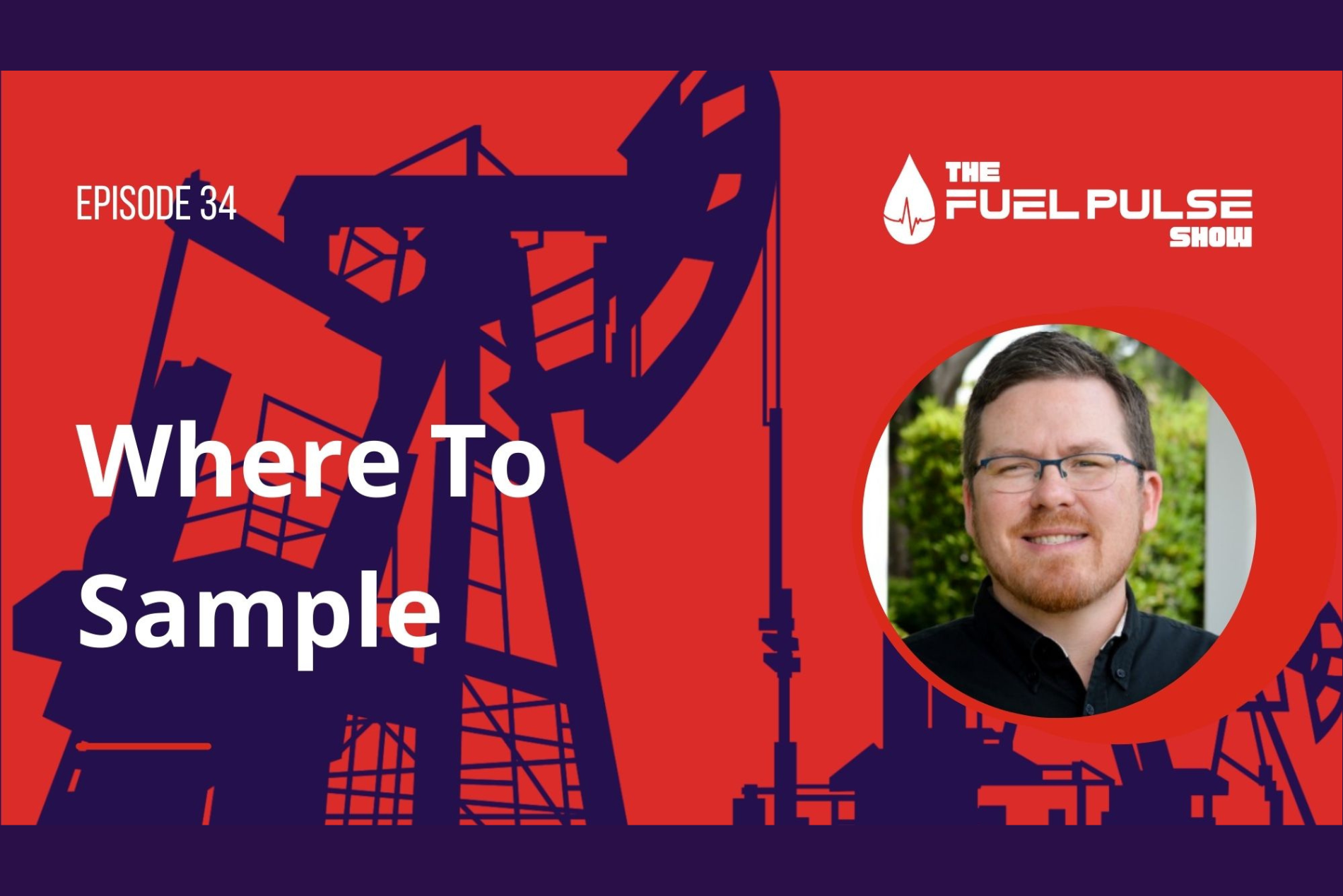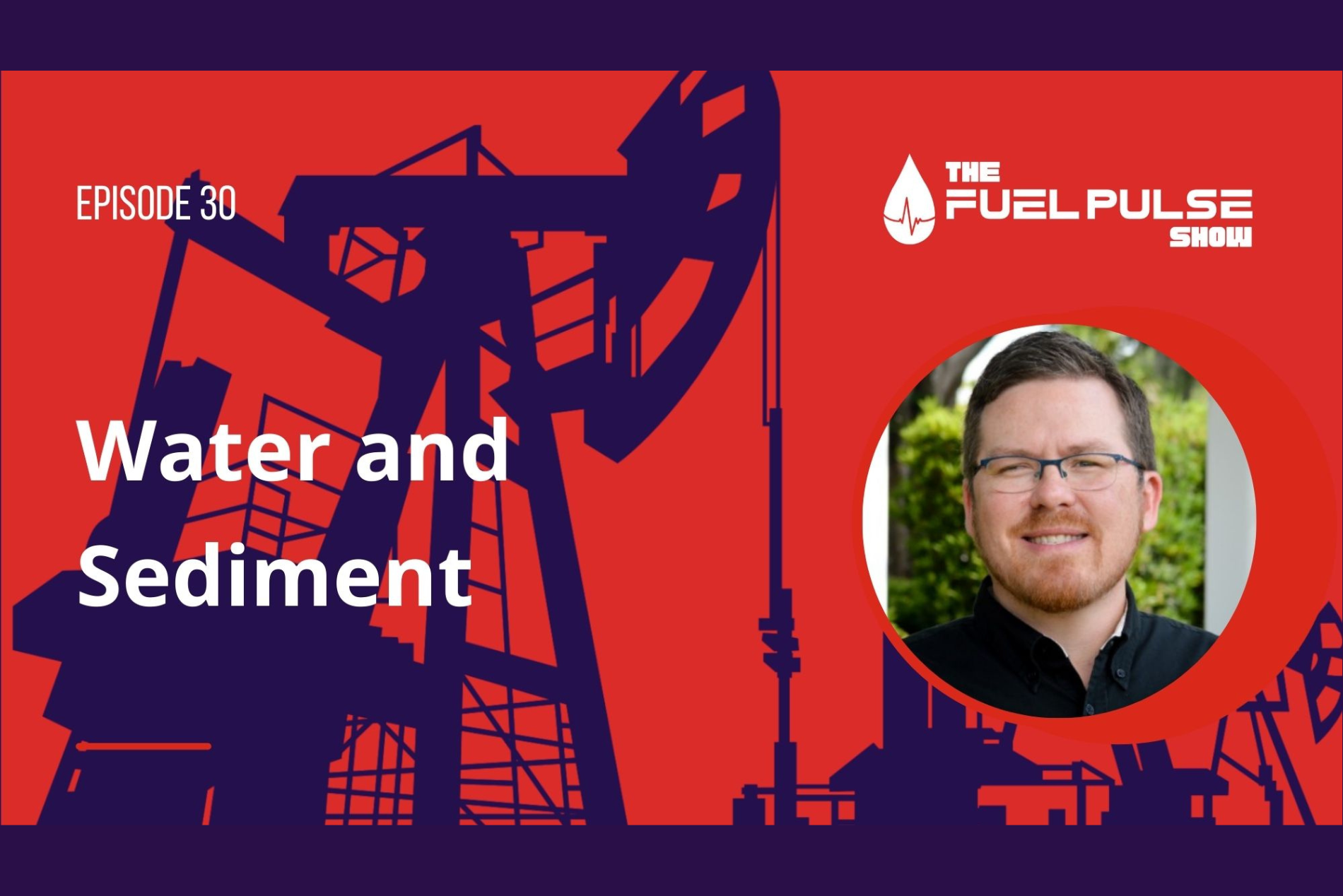1 min read
Episode 035 – When To Treat For Cold Flow
Knowing when to treat your fuel to avoid temperature-related gelling is key. In this episode, I’ll explain what you need to know about temperatures,...


On today’s episode, we’re going to be talking about the weather and the relationship between seasons with extreme temperatures. In the last episode, I discussed weather as it relates to hurricanes, but those don’t necessarily affect the entire country as temperature does. Temperatures, especially on the extreme side, have quite an impact on most parts of the country, so it’s important for us to take a look further into it and understand what we need to do to prepare and protect ourselves from future fuel issues.
Listen in as I go over some of the intense heat records and temperatures that we have experienced this year. I will explain what these records mean, as well as how we can use this information to plan for upcoming seasons and the care needs for stored fuel. I’ll break down the different changes that occur, what influences the ocean and atmosphere conditions that influence our local conditions, and more.
"The difference between a hot summer and a cold winter will often be related to these shifts in oscillation patterns.” - Erik Bjornstad

1 min read
Knowing when to treat your fuel to avoid temperature-related gelling is key. In this episode, I’ll explain what you need to know about temperatures,...

When checking on your stored fuel, you can’t just take a look in the tank. You’ll have to take a sample from the tank to examine. In today’s episode,...

Today we are continuing our exploration of fuel testing, focusing specifically on water and sediment analysis. Annual fuel testing is crucial to...